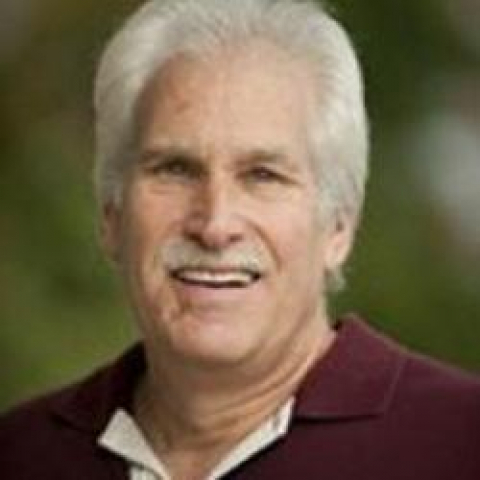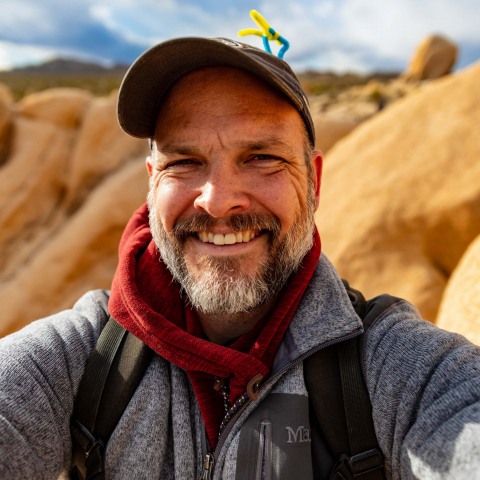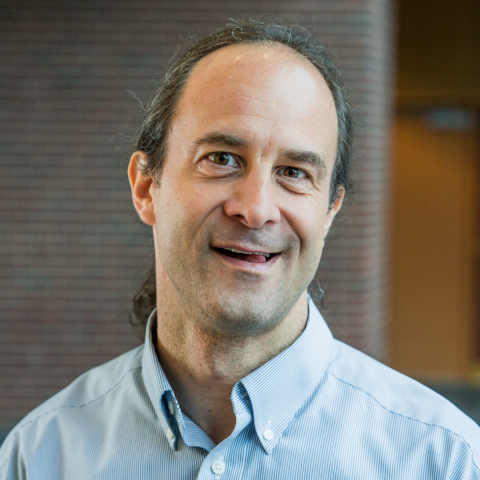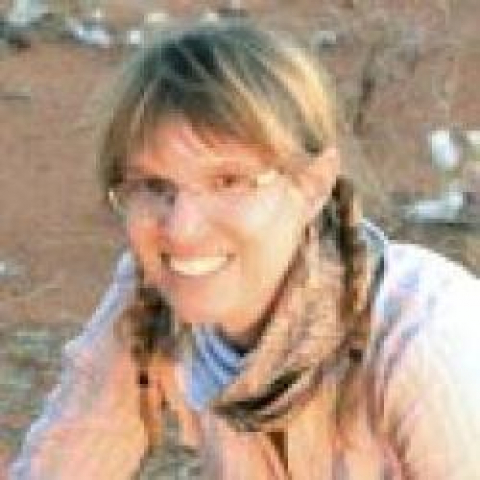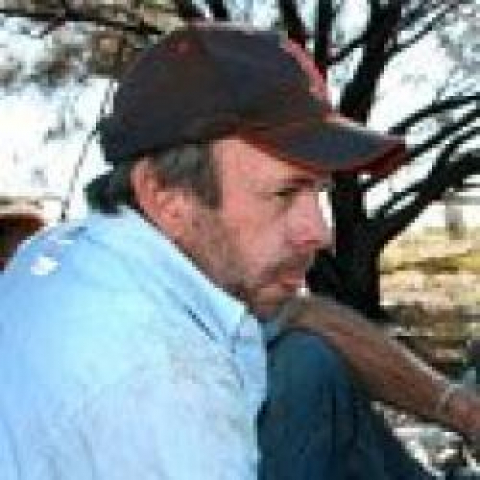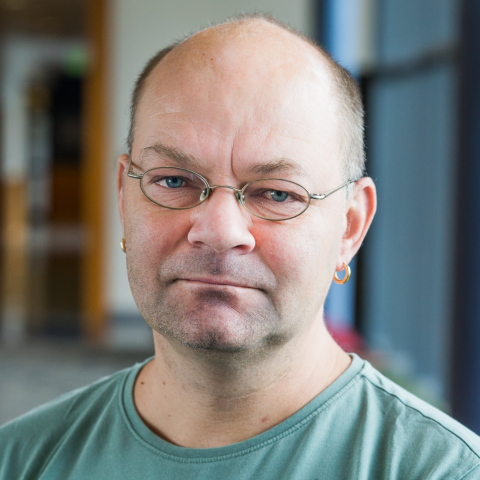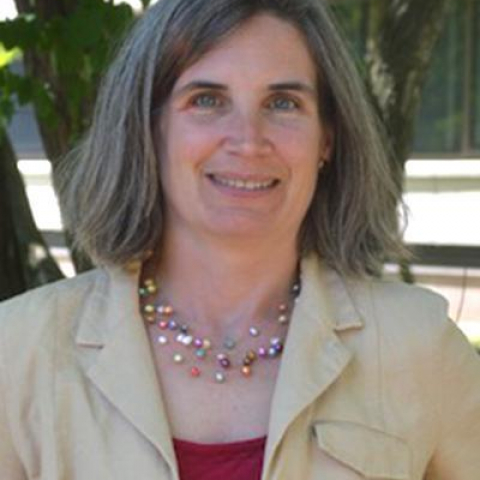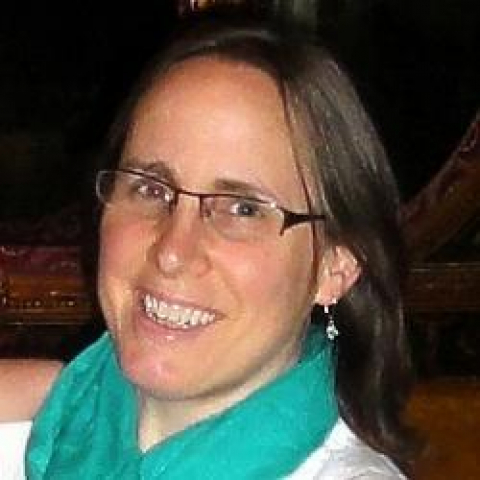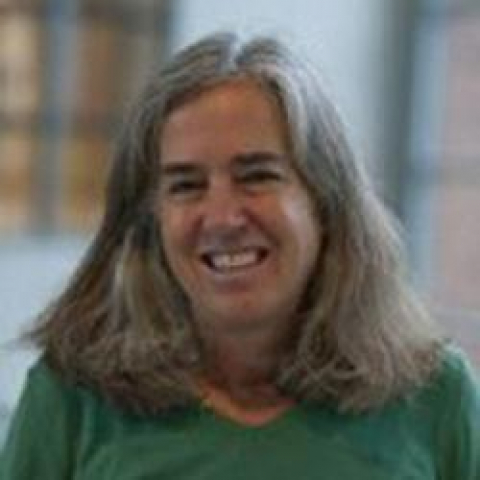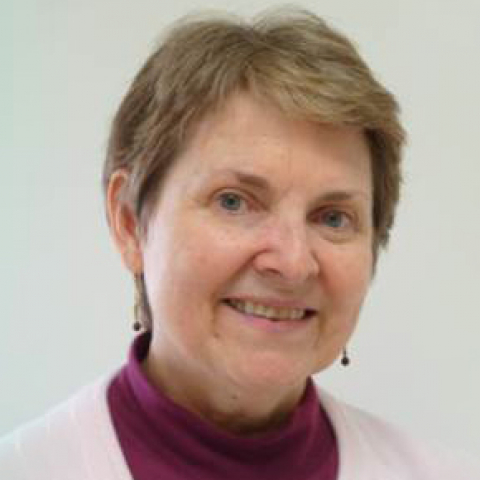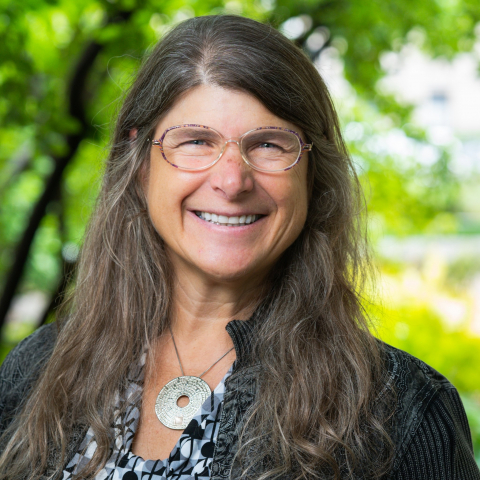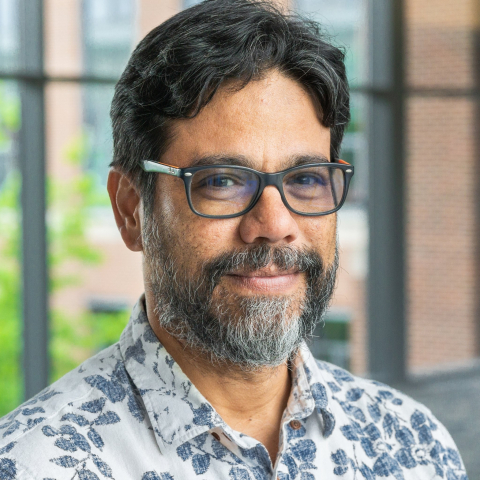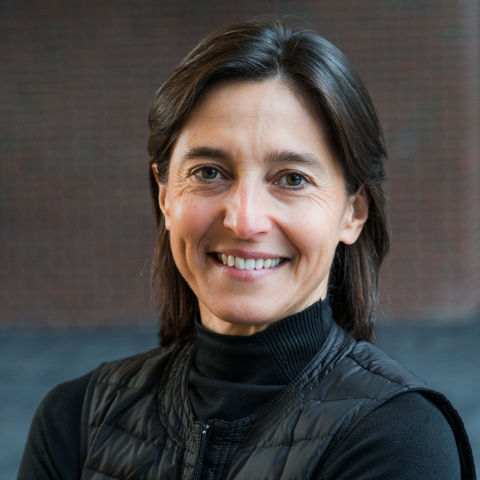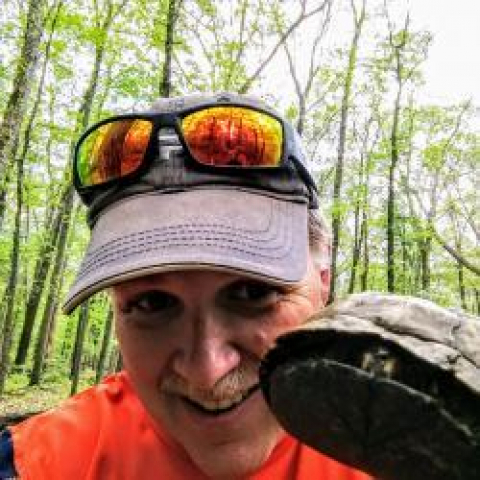People
Marc Abrams
Professor of Forest Ecology and Physiology
Community, historical and physiological ecology of tree species; global change biology.
Jared Ali
Associate Chair, Intercollege Graduate Degree Program in Ecology; Director of the Center for Chemical Ecology; Acting Director, Ecology Institute; Associate Professor of Entomology
Behavior and chemical ecology of multi-trophic interactions, including plant responses to below-ground herbivory and nematode. Insect community ecology, chemical ecology, and coevolution. Trophic cascades, above- and below-ground interactions, chemotaxis of soil nematodes, and evolution of plant defense strategies.
Julian Avery
Assistant Research Professor
Conservation biology, invasive species ecology, effects of human disturbance on biodiversity, illegal reptilian wildlife trade, animal coloration and the ecology of visual signals.
Paul Bartell
Associate Professor of Avian Biology
The regulation of biological clocks in birds at the systems level.
Rebecca Bird
Professor of Anthropology
Gender division of labor in hunting and gathering, cooperation, costly signaling, indigenous conservation/land management, and fire ecology, drawing on theory, models, and methods from behavioral ecology and landscape ecology to answer questions about how local social contexts influence economic decision-making and how such decisions impact local ecological communities.
Douglas Bird
Professor of Anthropology
Livelihood decisions and habitats, exploring the dynamics of human subsistence practices, their role in ecosystem function, and their archaeological implications in Australia and Western North America.
Ottar Bjornstad
Huck Chair of Epidemiology; Distinguished Professor of Entomology and Biology; Adjunct Professor in Statistics
Population ecology and population dynamics with particular emphasis on mathematical and computational aspects
Hayden Bock
Postdoctoral Researcher
The ecology of belowground ecosystems and how humans impact them
Elizabeth Boyer
Professor of Environmental Science
Hydrology, Biogeochemistry, Environmental Systems, Water Quality.
Margaret Brittingham
Professor of Wildlife Resources
Avian ecology; avian response to oil and gas exploration and development; effects of habitat fragmentation on bird populations; managing wildlife on private land
Mary Ann Bruns
Professor of Soil Microbiology and Biogeochemistry; Faculty-in-Charge of Microbiome Sciences Dual-Title Degree Program
Compositions and functions of microbiomes in agriculture, ecological restoration, and engineered systems for ecosystem service provision and climate change adaptation
Carolee Bull
Professor of Plant Pathology; Bacterial Systematics Head; Director of Microbiome Sciences Dual-Title Degree Program
Bacterial systematics, epidemiology, and population biology of bacterial plant pathogens and biological control agents to develop alternatives to synthetic chemicals for plant disease management
Isabella Cattadori
Professor of Biology
Immuno-epidemiology of co-infection, how host immunity modulates parasite interactions and transmission and how host molecular processes explain the dynamics of infection at the population level.
Charles Andrew Cole
Professor of Landscape Architecture
Ecosystem ecology: wetlands, hydrology, restoration, seed banks, plant communities, historical ecology.
Estelle Couradeau
Assistant Professor of Ecosystem Science & Management
Sharifa Crandall
Assistant Professor of Plant Pathology and Environmental Microbiology
Drawing from community ecology theory to understand how fungal and oomycete pathogens shape plant disease dynamics, with a focus on root and soil microbiome diversity, structure, and function; how ecological disturbances drive the complex interactions between hosts, microbes, and the environment across time and space and using this information to inform plant disease management.
